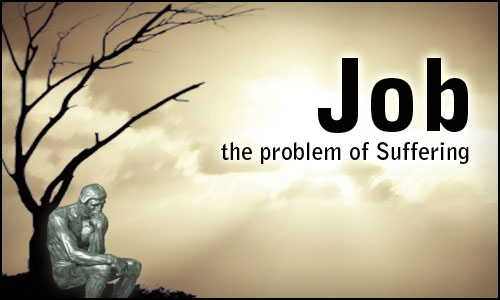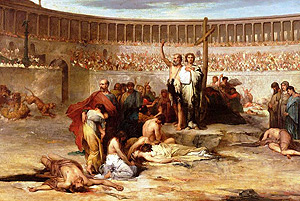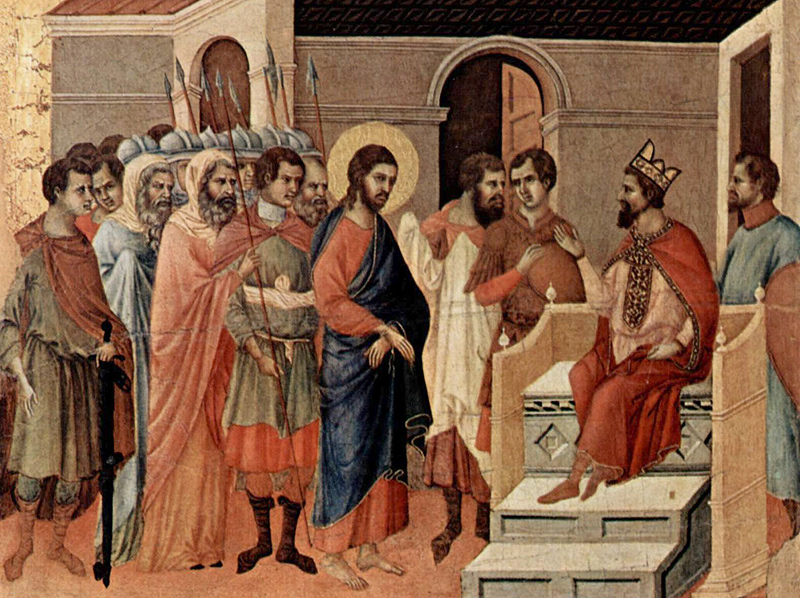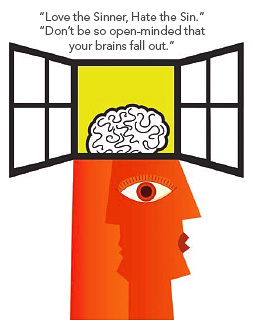 by James Kalb –
by James Kalb –
the loss of an understanding of human nature means a loss of understanding what marriage is: the physical, social, and spiritual union of a man and a woman.
Very recently the view that homosexuality is entirely normal has become not only widespread but compulsory in secular public discussion.
Leaders of thought tell us the change has been part of a general deepening of moral insight and improvement in the art of living. The older outlook oppressed millions out of fear, bigotry, and ignorance. We have learned better now, except for a few haters and dimbulbs who need to be re-educated or else shamed and shut up until death frees the world from their presence.[Read more…]

 by Fr. Vladimir Anderson –
by Fr. Vladimir Anderson – by Mackenzie Mulligan –
by Mackenzie Mulligan – by Garet Pahl –
by Garet Pahl – by Steven Jonathan –
by Steven Jonathan – by Metropolitan Hilarion (Alfeyev) –
by Metropolitan Hilarion (Alfeyev) – by Rev. James V. Schall, S.J. –
by Rev. James V. Schall, S.J. –  by Mike Miller (Supreme Court Justice Antonin Scalia) –
by Mike Miller (Supreme Court Justice Antonin Scalia) –  by Trevor Thomas –
by Trevor Thomas – by Rdr. Daniel Manzuk –
by Rdr. Daniel Manzuk –